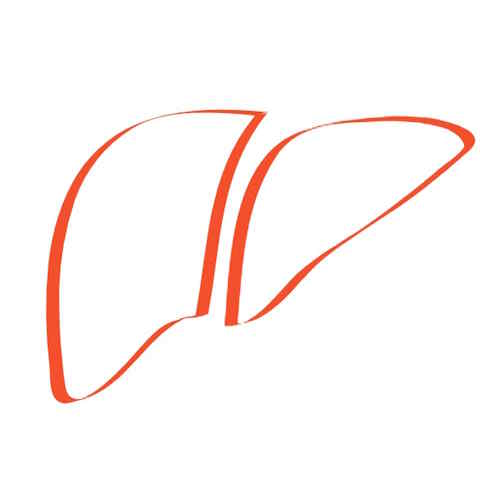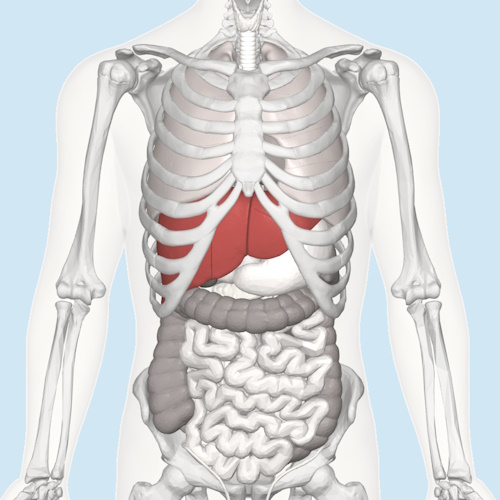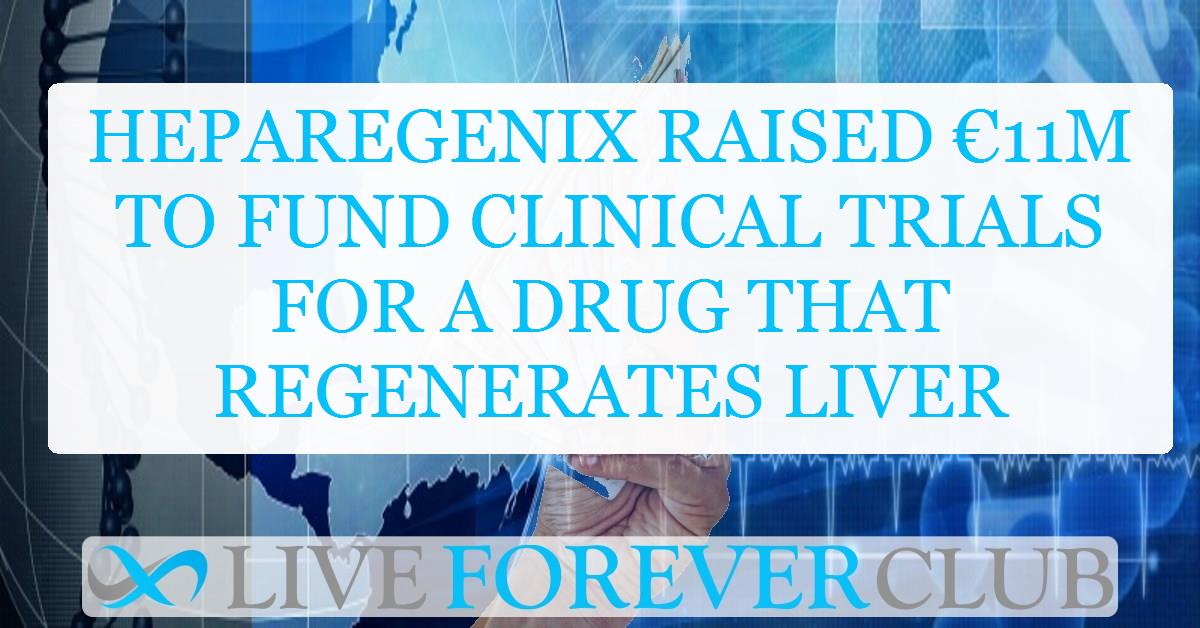Key points from article :
HepaRegeniX, a biotech company based in Tübingen, Germany, has secured €11 million in a Series B funding round. This funding will allow the company to advance its first drug candidate for liver disease into clinical trials. HepaRegeniX, founded in 2017, initially raised €9 million in a Series A round and continues to receive backing from investors such as Boehringer Ingelheim Venture Fund, Novo Holdings, High-Tech Gründerfonds, Coparion, and Ascenion.
The company’s research is based on a significant discovery made at the University Hospital Tübingen, where scientists identified the mitogen-activated protein kinase 4 (MKK4) protein as a key suppressor of liver regeneration.
The company’s approach focuses on blocking the MKK4 protein, which has been shown to limit the liver's ability to regenerate, especially in cases of severe damage. By inhibiting this protein, HepaRegeniX hopes to stimulate the liver's natural regenerative processes, which could offer new treatments for a range of liver diseases. The company has been working on identifying and testing several drug candidates to effectively block MKK4 since its founding.
The lead drug candidate is expected to address both acute and chronic liver diseases, including non-alcoholic steatohepatitis (NASH), a chronic liver disease for which no current treatment exists. NASH has generated significant interest in the medical community due to its growing prevalence and the lack of effective therapies.
The clinical trials for this drug candidate are planned to begin later this year. The potential success of HepaRegeniX’s drug candidates could offer a groundbreaking approach to liver disease treatment by targeting a mechanism previously overlooked.
This research and development are crucial, as liver disease continues to affect millions globally. The company's efforts could provide much-needed solutions for both acute and chronic liver conditions.







